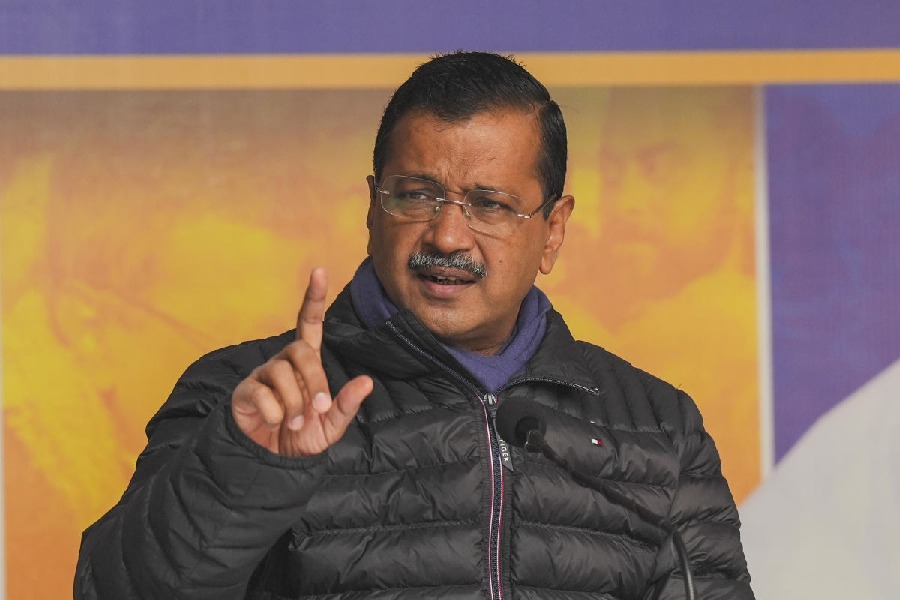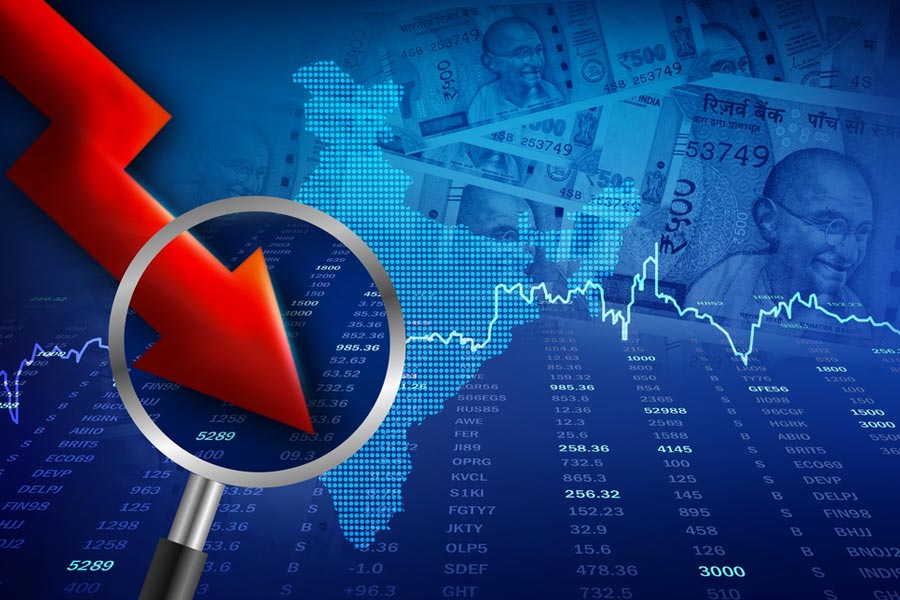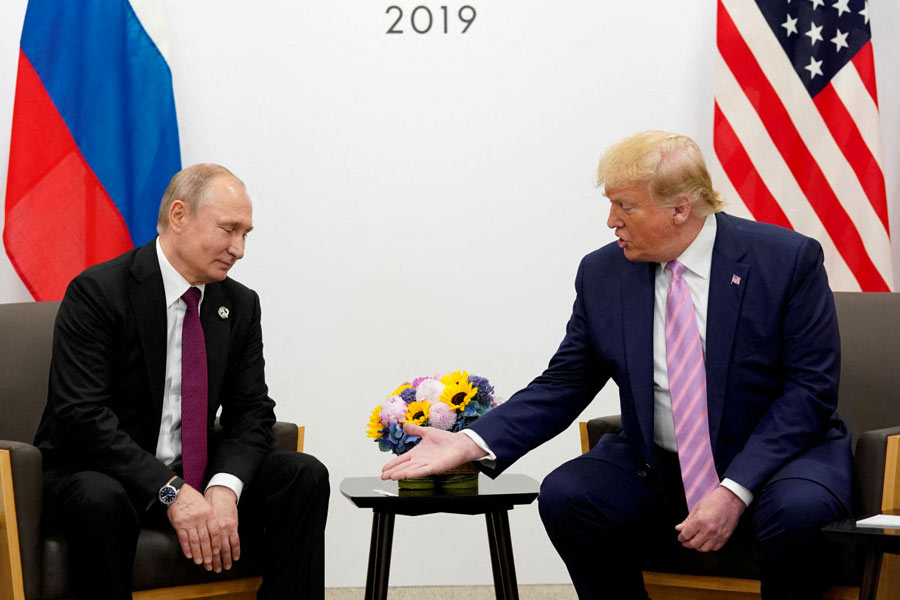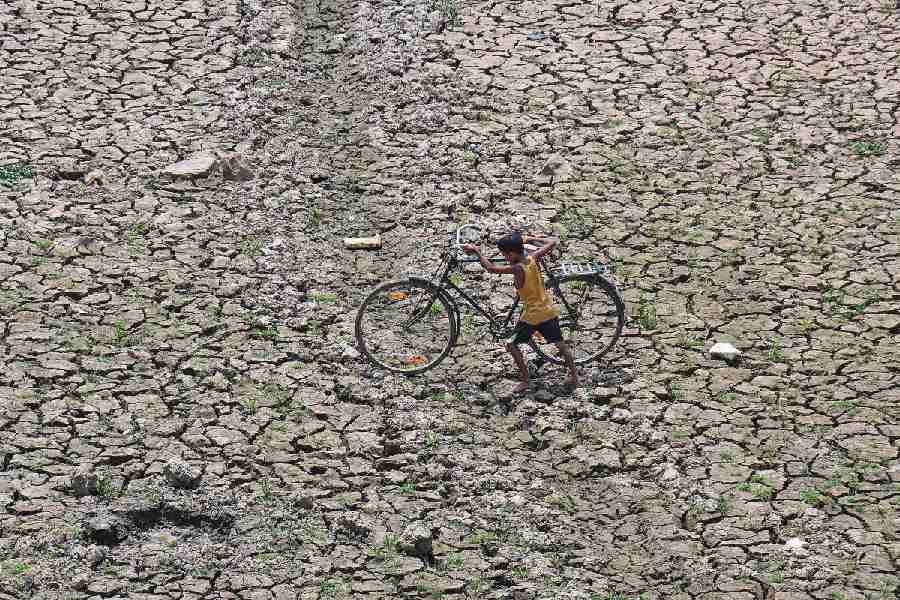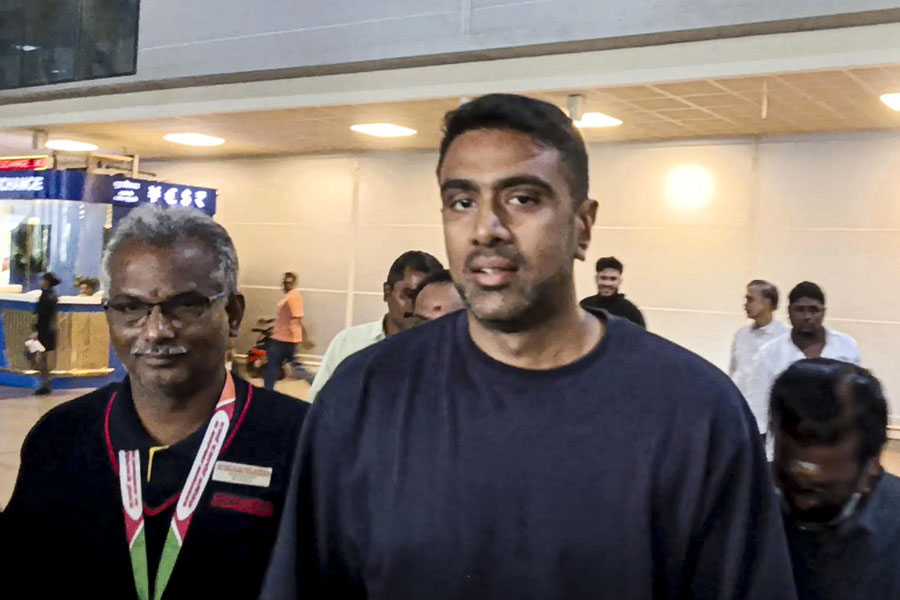Government think-tank Niti Aayog is exploring the possibility of reviving development finance institutions (DFIs) to improve the credit-to-GDP ratio.
The organisation, which is working on a vision paper for the country for 2035, is taking into an account an 8 per cent rate of growth for the economy over the next 15 years.
At a session organised by the Bharat Chamber of Commerce on Saturday, Ramgopal Agarwala, distinguished fellow at Niti Aayog, said there had been some discussions within the think-tank on the broader vision but Prime Minister Narendra Modi, who chairs the institution, is yet to approve.
“According to our calculations, to achieve an 8 per cent growth in GDP, we need something like 40 per cent of GDP in investments, including physical and social infrastructure. That cannot be done by the government alone. I would put a rough estimate of around 20 per cent of GDP being invested by the corporate sector,” said Agarwala.
“China, despite being a state dominated country, has allowed the role of private sector in a big way and has used credit for expansion. So, one theme that we are trying to work on in Niti Aayog is the need to revive the development financial institutions that we used to have earlier,” he said.
Development finance institutions are specialised institutions set up primarily to provide project finance, especially in large infrastructure projects.
ICICI and IDBI were set up as development finance institutions for project financing. Later, they were converted to do universal business as commercial banks.
Not a crisis
Agarwala said the government’s decision to push through reforms faster has its impact on the growth of the economy, but the current situation is not an economic crisis.
“We are in a difficult situation but I don’t think it can be called a crisis. The reforms were hard but in my opinion they were necessary but they were not properly implemented. GST is a good step but again there was not enough preparation. I would also say the same for IBC,” he said.


